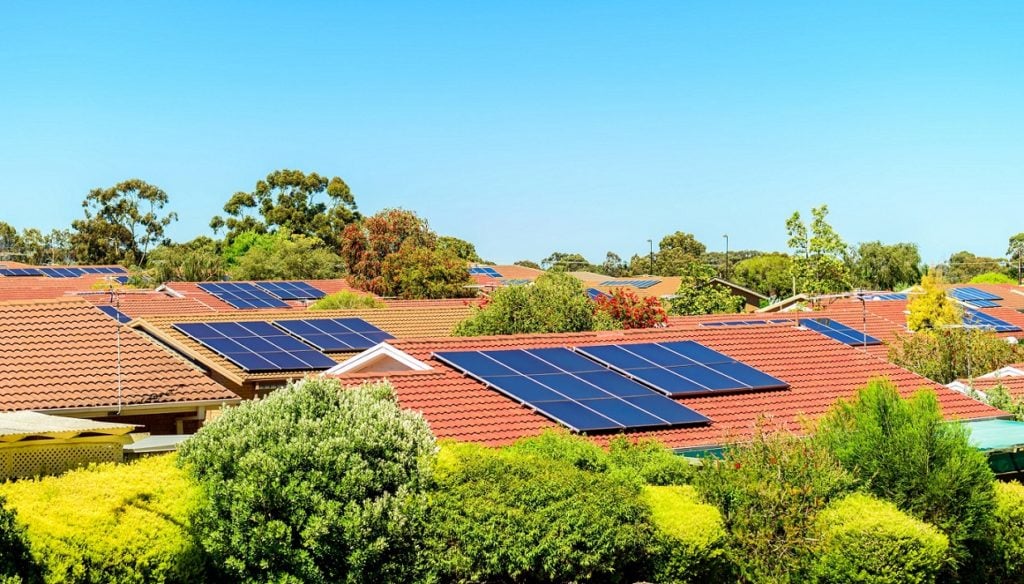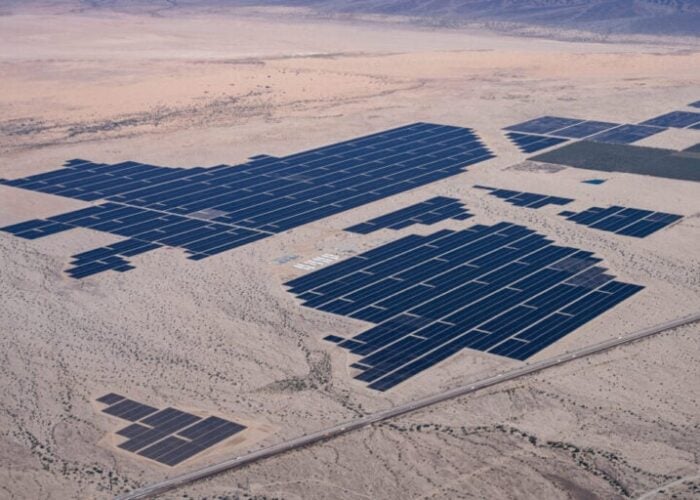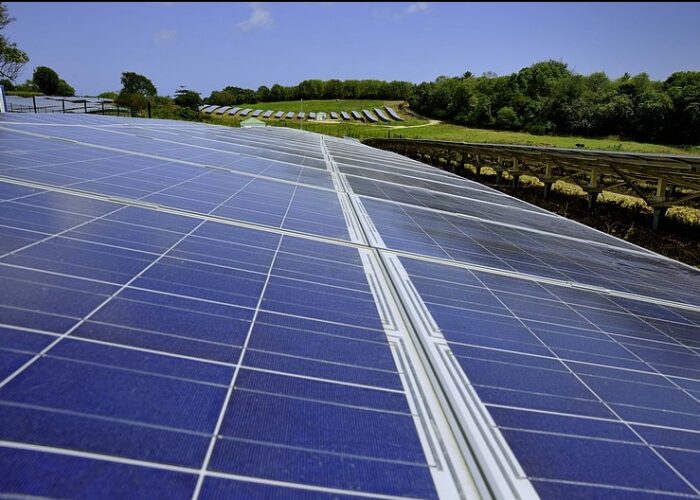
The California Public Utilities Commission (CPUC) has admitted defeat regarding its contentious proposed changes to the state’s net metering laws and has asked for feedback on how a better designed system could work as it seeks to reboot the process.
Dubbed NEM 3.0, the proposed changes would have slashed solar export credits by about 80% and added a US$57 per month fixed charge for the average residential system, partially offset by a US$15 per month credit for ten years. Wood Mackenzie said it would have cut the state’s solar sector in half.
Unlock unlimited access for 12 whole months of distinctive global analysis
Photovoltaics International is now included.
- Regular insight and analysis of the industry’s biggest developments
- In-depth interviews with the industry’s leading figures
- Unlimited digital access to the PV Tech Power journal catalogue
- Unlimited digital access to the Photovoltaics International journal catalogue
- Access to more than 1,000 technical papers
- Discounts on Solar Media’s portfolio of events, in-person and virtual
The CPUC decided to indefinitely delay its decision on the changes in February following significant backlash from consumer groups, trade bodies and Californian politicians, who called for a “dramatically revised policy”.
Now, the CPUC wants feedback regarding what the new system should look like. Administrative-law judge Kelly Hymes reopened the record in a ruling on Monday (9 May) to garner insights on three separate areas, with opening comments given a one month deadline of 10 June (24 June for reply comments).
It is looking for feedback on a “glide path”, which relates to “proposals to transition customers from the existing net energy metering tariff to a successor tariff”. Feedback is being sought on the advantages of using a fixed dollar per Watt Market Transition Credit (MTC) versus an hourly, averaged Avoided Cost Calculator (ACC), among other things.
The regulator also asked for feedback on ‘Non-Bypassable Charges’, which are fixed fees designed to compensate utilities for maintaining the state’s grid system, which was one of the key drivers for the previous NEM 3.0 system as utilities complained it was too favourable to solar customers at the expense of the rest of the population.
The third area the CPUC is seeking input on is community distributed energy resources (DERs). The CPUC currently offers a community solar program for low-income customers living in disadvantaged communities through the Community Solar Green Tariff (CSGT) programme, which it is now reassessing as part of the new proposals.
It said a number of Californian utilities were submitting ‘Applications for Review’ of the CSGT program by 31 May, which may include “proposals to expand the capacity, the locational eligibility requirement and customer eligibility criteria, and technology eligibility for this programme”.
The ruling and a full list of questions set by the CPUC can be accessed here.







